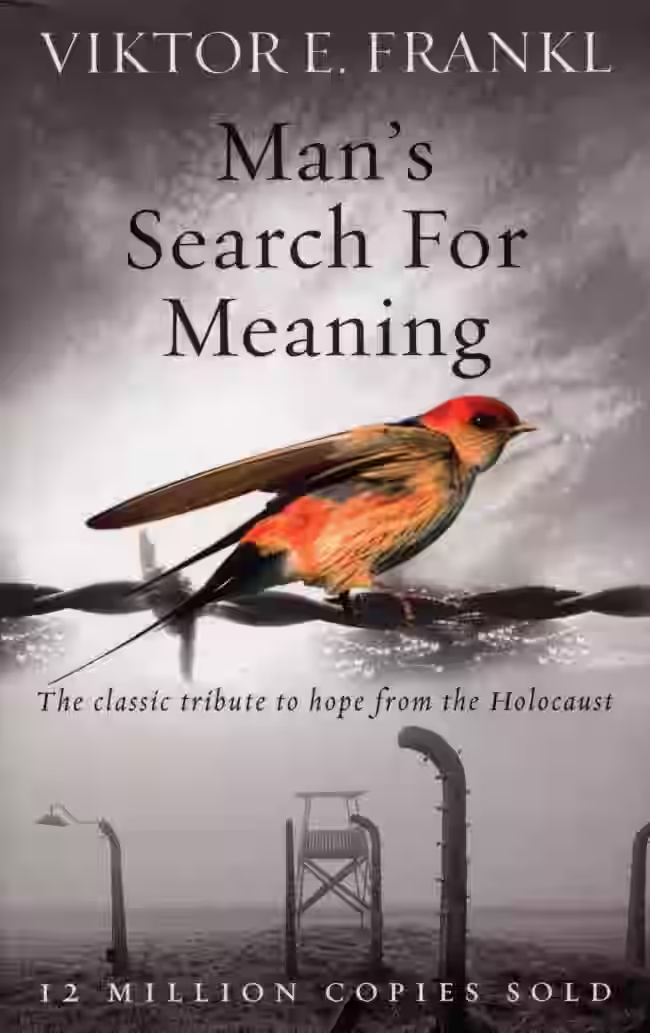
In this profound memoir and psychological exploration, Holocaust survivor Viktor Frankl shares his harrowing experiences in Nazi concentration camps and the insights he gained. Central to the book is Frankl’s belief that even in the most inhumane conditions, individuals can endure by finding meaning in their suffering. He introduces logotherapy, his psychotherapeutic method focused on the pursuit of meaning as a primary human drive. Frankl’s reflections blend personal resilience with deep philosophical and spiritual questions, making the book a timeless meditation on hope, purpose, and the human capacity to transcend hardship in search of something greater.
About Viktor E. Frankl
Viktor E. Frankl was an Austrian neurologist, psychiatrist, and Holocaust survivor best known for founding logotherapy, a form of existential analysis focused on the human search for meaning. Born in 1905, Frankl endured the horrors of Nazi concentration camps, experiences that profoundly shaped his philosophical and therapeutic outlook. His seminal work, Man’s Search for Meaning, blends personal narrative with psychological insight, advocating that even in suffering, life retains purpose. Frankl became a professor of neurology and psychiatry in Vienna and lectured worldwide. His legacy continues through his writings, which emphasize resilience, responsibility, and the transformative power of meaning.
Similar Books
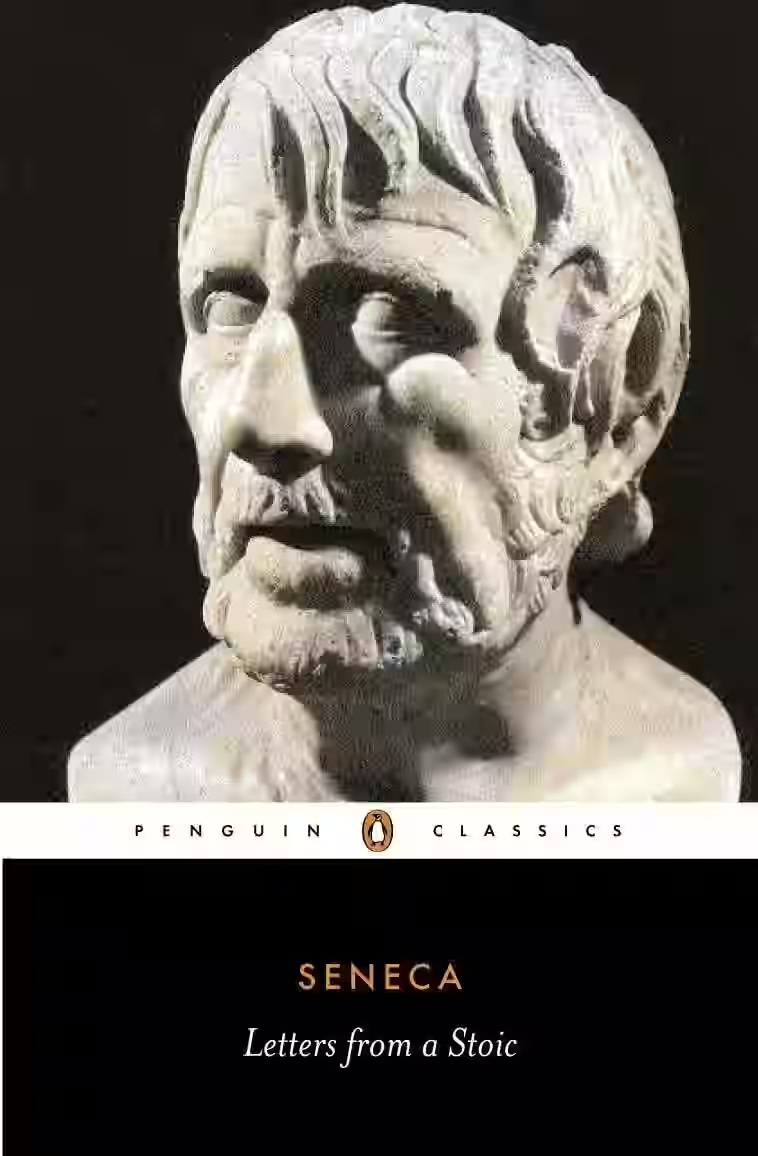
Letters from a Stoic
by Seneca
A cornerstone of Stoic philosophy, Letters from a Stoic is a collection of personal correspondence from the Roman philosopher Seneca to his friend Lucilius. These letters offer timeless wisdom on topics such as grief, wealth, friendship, fear, and the art of living. Seneca advocates for virtue, rationality, and emotional resilience, emphasizing control over one’s inner life regardless of external events. His practical advice and moral reflections are accessible yet profound, making this a foundational text for anyone seeking clarity, discipline, and inner peace. It remains a vital guide for modern readers exploring the philosophy of Stoicism.
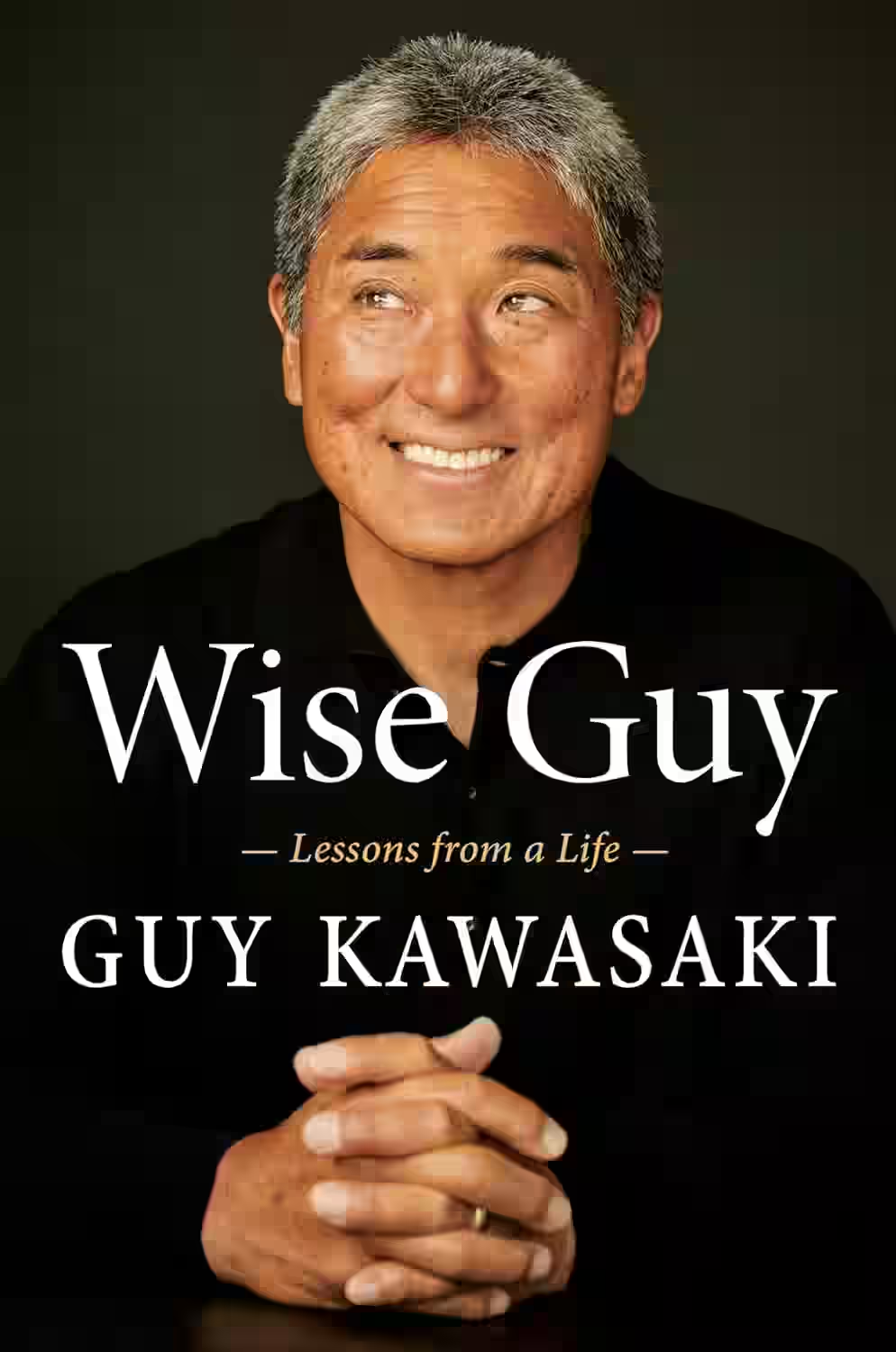
Wise Guy: Lessons from a Life
by Guy Kawasaki
In Wise Guy, tech evangelist and entrepreneur Guy Kawasaki shares personal stories and lessons from his life and career, spanning Apple, venture capital, and startup advising. Rather than a traditional memoir, the book is structured as a series of life lessons—on humility, resilience, work ethic, and innovation. Kawasaki writes with humor, authenticity, and an open heart, offering guidance to entrepreneurs and professionals at all stages. With anecdotes ranging from job interviews at Apple to parenting insights, Wise Guy is a practical and inspiring read filled with wisdom on navigating both business and life.
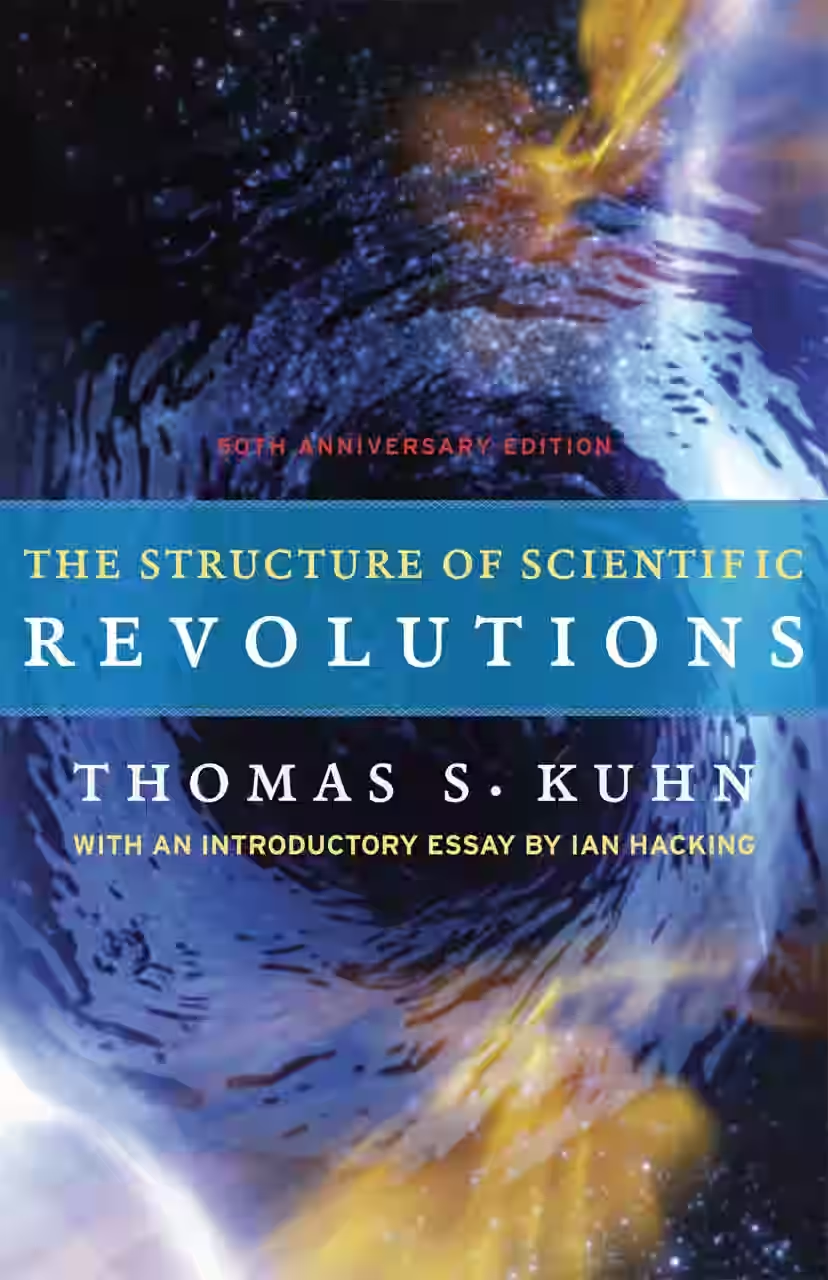
The Structure of Scientific Revolutions
Kuhn’s seminal work revolutionized how we understand science. He argues that scientific progress doesn’t occur gradually, but through paradigm shifts—periods of radical change in fundamental frameworks. Normal science operates within accepted paradigms until anomalies accumulate, prompting a crisis and eventual revolution. Kuhn uses historical case studies to illustrate this cycle, challenging the belief in linear scientific advancement. First published in 1962, The Structure of Scientific Revolutions has had a lasting impact on the philosophy of science, influencing fields from sociology to history. It remains essential reading for anyone seeking to understand how scientific knowledge evolves.
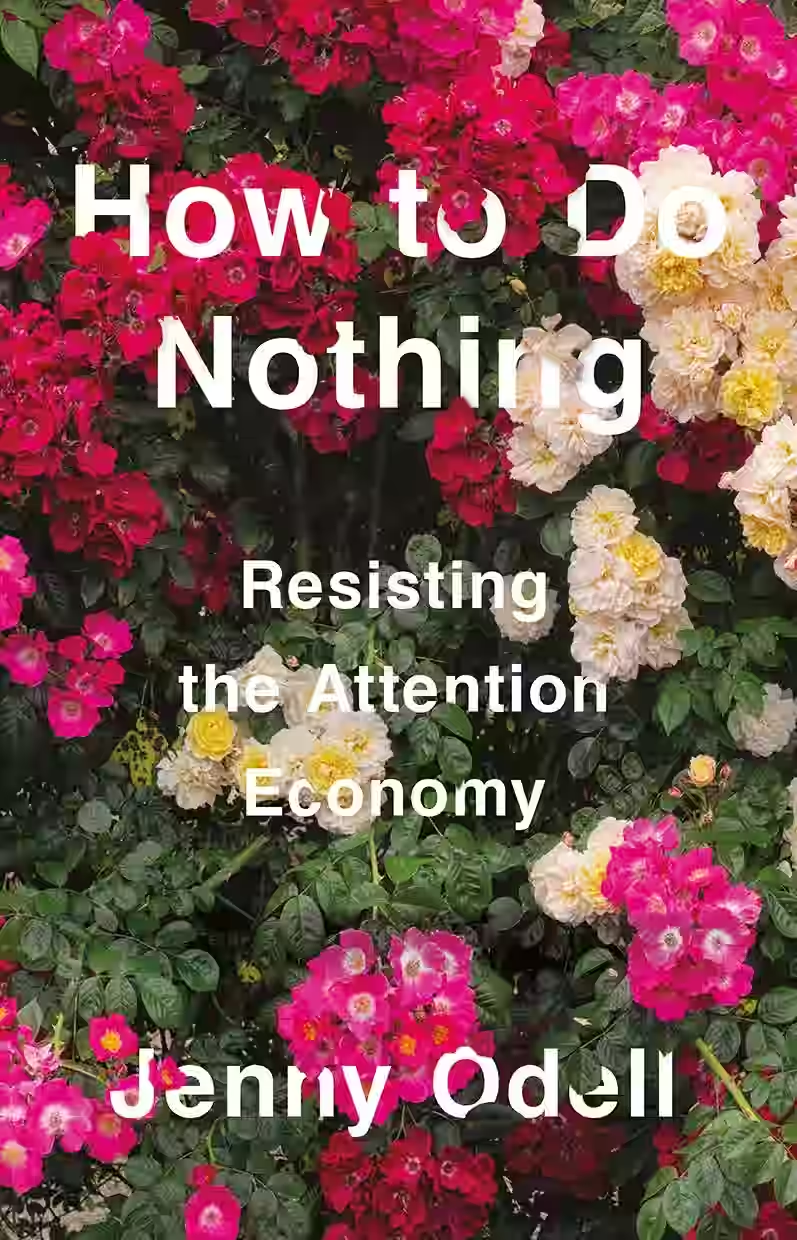
How to Do Nothing
by Jenny Odell
In How to Do Nothing, artist and writer Jenny Odell critiques the modern attention economy and its constant demands for productivity and engagement. Instead of advocating literal inactivity, Odell calls for a conscious redirection of attention toward meaningful experiences—like community, nature, and contemplation. Drawing from art, philosophy, ecology, and social theory, she argues that stepping away from digital noise is a political and creative act. The book is both a cultural critique and a philosophical meditation, offering a radical rethinking of how we spend our time and what we value in an age of distraction.